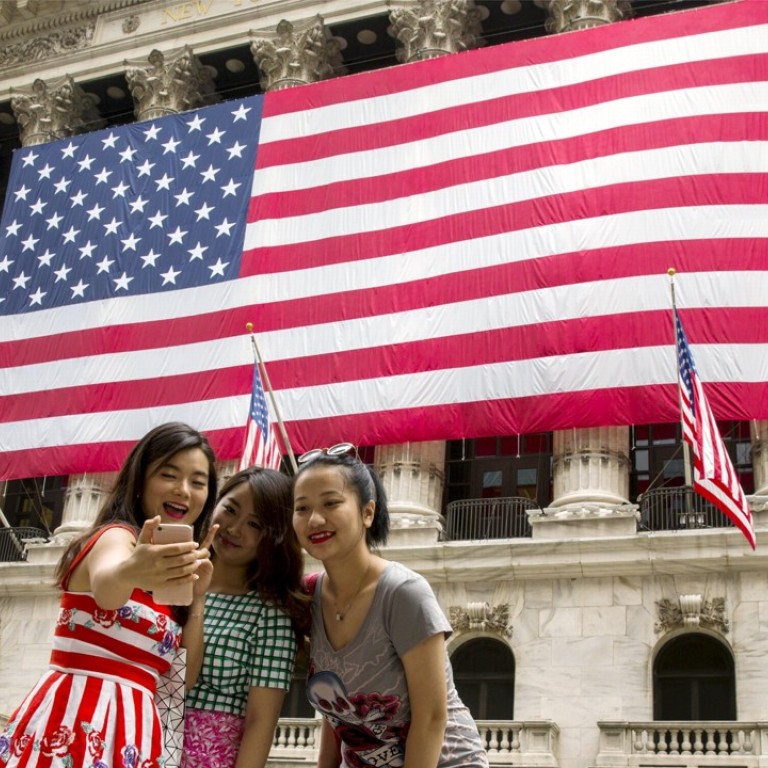
Inside US retailers’ big mobile play for Chinese tourists
More struggling US store operators are turning to Alipay and WeChat Pay to lure Chinese tourists who spent US$33b in America last year
Struggling US retailers are embracing mobile technology to help them open the wallets of visiting Chinese travellers, a market that reached US$33 billion last year.
As traffic and revenue at traditional US bricks-and-mortar stores slide amid consumers' flight to online shopping sites, retailers are moving deeper into mobile payments and mobile apps to increase sales to the world's most prodigious group of spenders.
From US vitamins and supplements retailer GNC Holdings to casino operator Caesar’s Entertainment, the aim is to get a piece of the tens of billions of dollars spent by Chinese tourists in the US who often buy things simply by tapping a QR code on their phones.
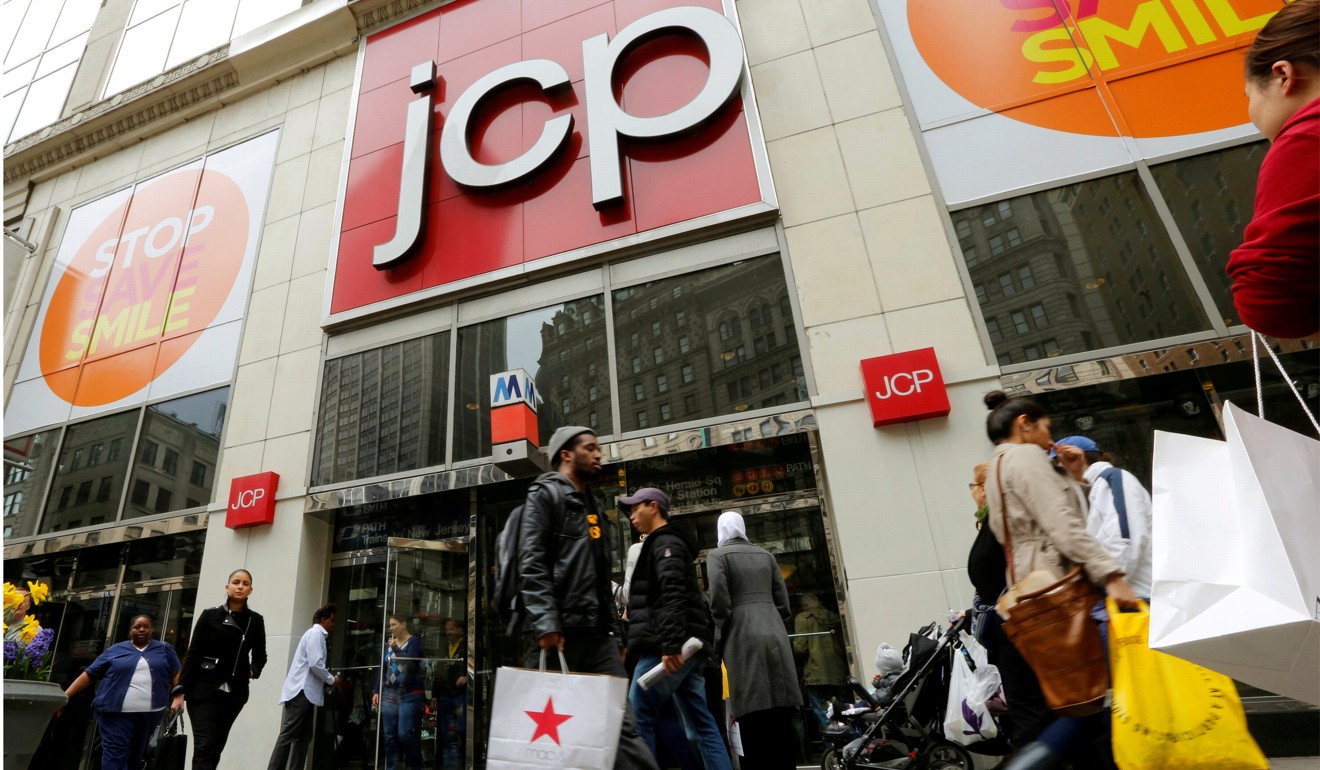
“Chinese travellers love to shop when they are abroad,” said Souheil Badran, president of Alipay of the Americas.
“It is typical of Chinese tourists to travel and shop with a specific brand or item in mind. But they often face language and payment barriers.
“Using mobile wallets to make purchases in their own currency” gets Chinese consumers past this obstacle, Badran said.
6.5 million Chinese tourists to travel abroad this Lunar New Year
In February alone, 6.5 million Chinese travelled abroad during the Lunar New Year, with the US ranked as a top destination, according to online travel agency Ctrip.
Although total spending by Chinese travellers accounted for a small fraction of the US$5 trillion US retail industry, the group still drove roughly 9 per cent of total US sales of the categories they traditionally favour – clothing, accessories and electronics, according to the US Census Bureau.
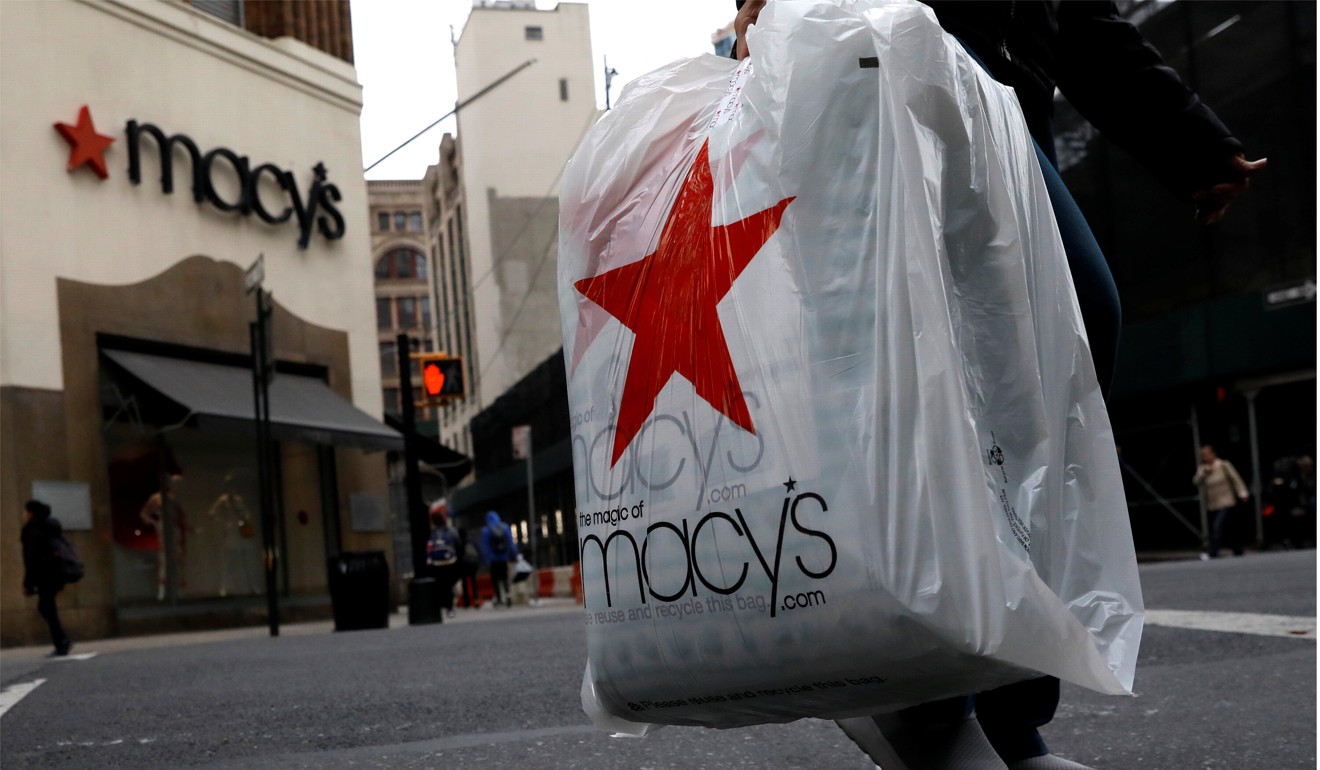
While winning the business of big-spending Chinese tourists long has been a US retail priority, and a seasonal focus amid the travel crush that typically follows the onset of the Lunar New Year, achieving success in that realm for US retailers has never been more critical.
US department store sales crater in wave of bad news for beleaguered sector
Among the dozens of US store brands that have sought bankruptcy protection from creditors in the past 12 months has been the iconic children’s toy retailer Toys “R” Us.
Amid the carnage, more than 5,000 stores across the retail landscape have closed, affecting such well-known US names as Michael Kors, Ann Taylor's parent Ascena Retail Group and the Macy’s department store chain.
Thousands more stores are slated to close this year – leading to the rise of the term “retail apocalypse” to describe the sea change in US retailing.
The term refers to the impact of American shoppers’ exodus to Amazon.com and other online sites. It also underscores a significant change in consumer preferences – to spending more on experiences such as travel and less on clothing and other goods.
Airbnb China moves beyond fashion to find millennial influencers
To lure Chinese shoppers who continue to find American merchandise desirable, more retailers in the US have begun accepting mobile payment through Alipay and WeChat Pay, China's dominant online payment services.
Alipay is run by Ant Financial Services Group, an affiliate of Alibaba Group Holdings Limited, which owns the South China Morning Post.
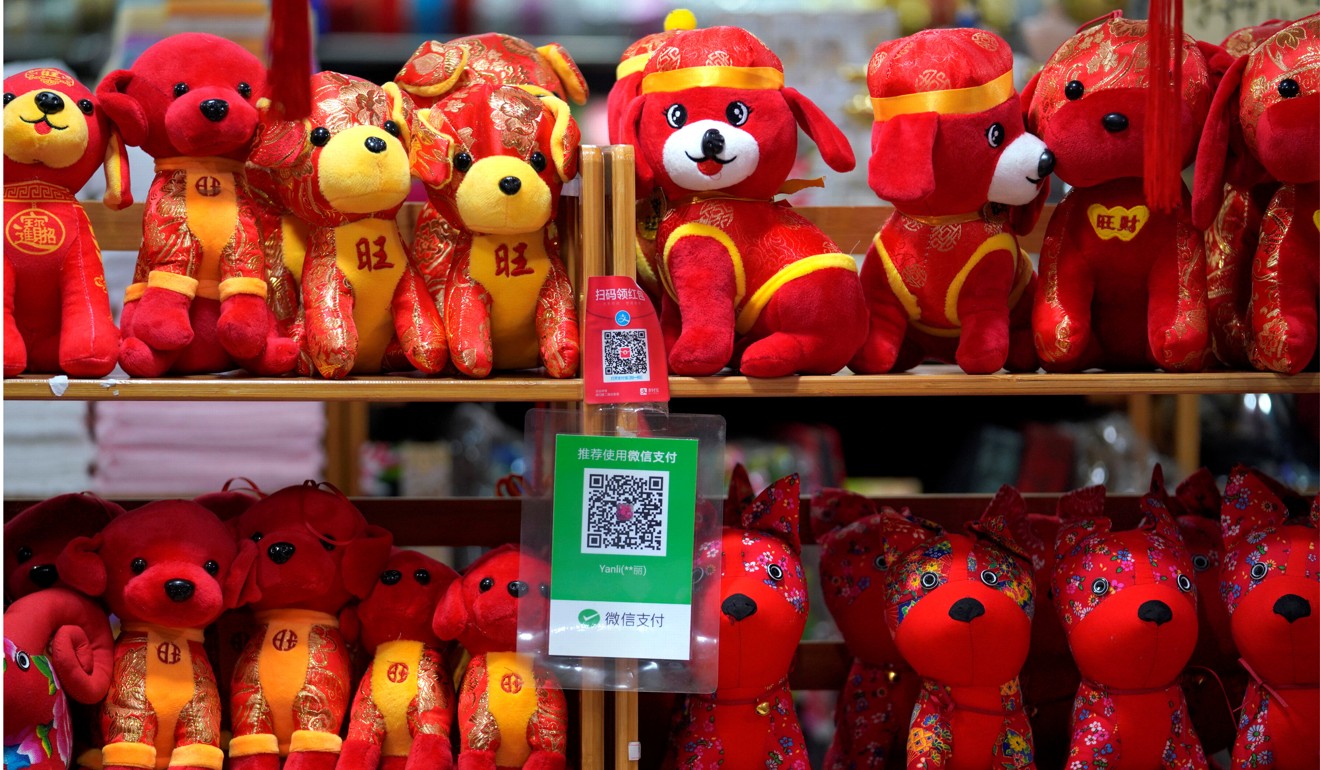
In the past, US retailers had sought to attract Chinese shoppers largely by appealing to a sense of nostalgia through in-store displays of red lanterns and Zodiac animal statues.
“Working with Alipay has certainly enabled us to serve more consumers,” said Kennedy Horton, general manager of GNC Holdings' China operations.
“Many [Chinese] customers simply feel more comfortable using Alipay versus a traditional credit card.”
Mr Trump, do the sums on tourism before starting a China trade war
Alipay has led to “measurably significant growth” in sales since last August, Horton said, without disclosing the specific size of the increase.
In the last two years, more than 170,000 US locations for retailers, restaurants, hotels and taxis have moved to accept payment via Alipay, which is used by more than 520 million Chinese.

Alipay's US rival Apple Pay, by comparison, had about 127 million users at the end of last year.
Mobile payment is a relatively new phenomenon for Chinese shoppers, as most shopping is historically done with cash.
China’s November retail sales rise as malls hold their own against the onslaught of online retailers
But its acceptance has grown dramatically as China booked a record 81 trillion yuan (US$12.8 trillion) in transactions from January to October of 2017, according to the Ministry of Industry and Information Technology.
US hotel and resort owners were among the earliest adopters of Chinese mobile payments. Last summer, Caesars became the first Las Vegas casino operator to sign up for WeChat Pay for non-gambling purchases.
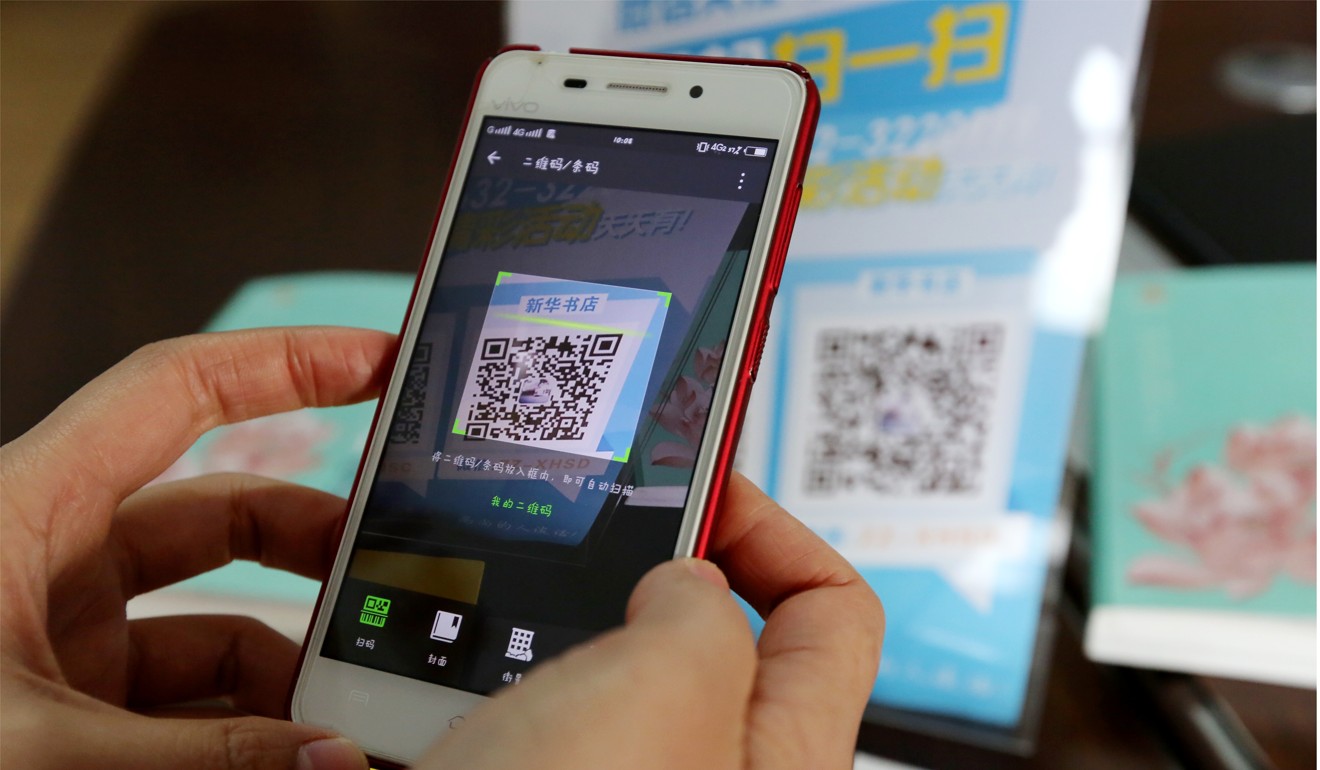
The gaming company, which emerged from bankruptcy in October 2017, also has recently started to accept Alipay, according to a person with knowledge of the matter. Caesars declined to comment further for this story.
WeChat Pay's parent, Tencent, did not respond to a request for comment.
Other technologies, such as mobile apps and software translating services, also can be used as tools to attract Chinese buyers.
Why Hong Kong travellers don’t embrace Uber and Airbnb abroad
Fashion brand Rebecca Minkoff markets its products through a WeChat channel in Chinese, featuring handbags and wallets in red, a colour that traditionally symbolises luck, happiness and joy in Chinese culture.
GNC also offers software translation services to help shoppers communicate across the company’s US locations.
The growth in the number of Chinese tourists in the US stands out amid a recent decline in overall international travel to the US, partly tied to the strength of the US dollar which makes purchases more expensive when translated back into other currencies.
That has not been the case in China, where the yuan’s 10 per cent appreciation against the dollar in the past year has made US shopping cheaper for Chinese visitors.
Sears, a symbol of US department stores, warns it may fail
China’s continuing interest in touring the US also points to how the Asian’s country’s rising wealth has made the prospect of travelling abroad even more attractive.
The number of Chinese visiting the US reached 3.03 million in 2017. That figure is expected to grow to 4.5 million by 2022, as China surpasses Japan to become the fourth largest nationality visiting the US, according to the US Department of Commerce.
China is expected to remain a top spending nation as its wealth continues to increase.
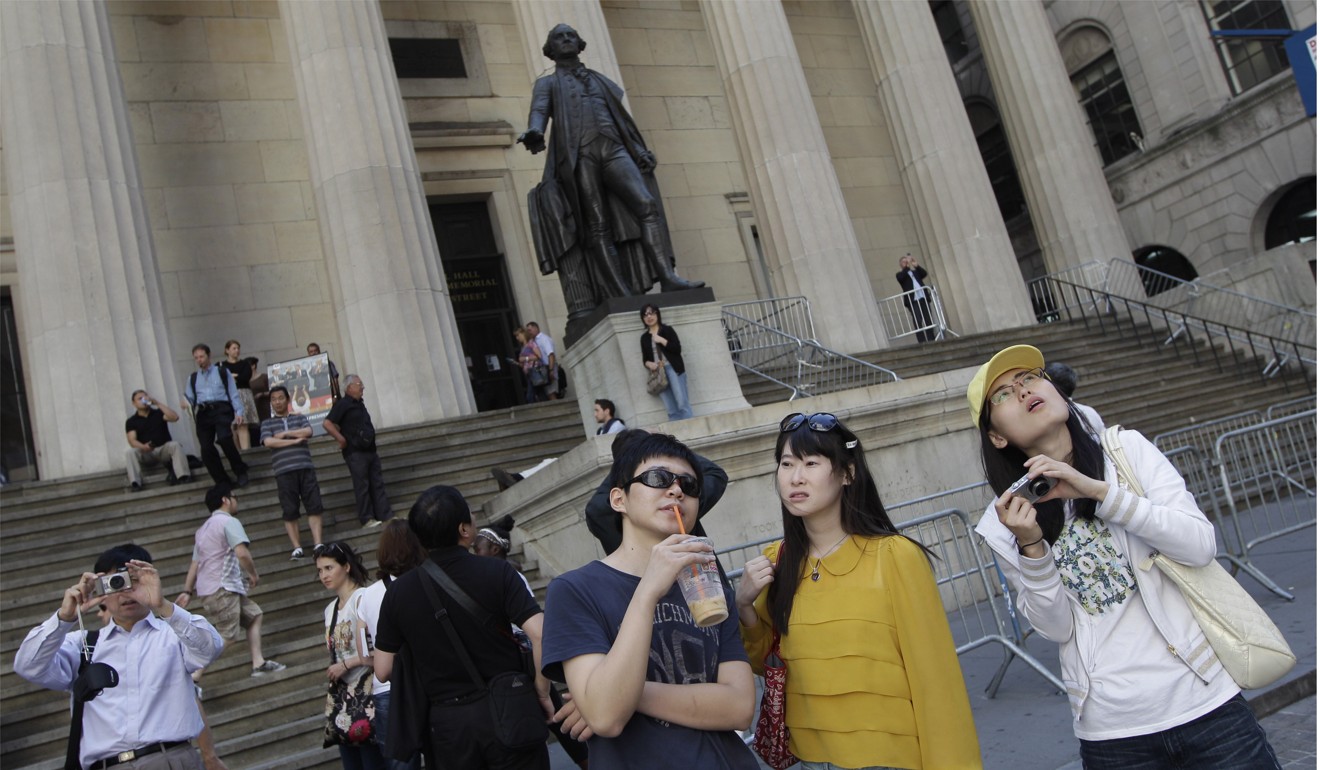
By 2020, about 20 million urban households will become affluent, earning more than US$34,000 a year, up from 4.5 million households in 2010, according to a report published by global consulting firm McKinsey & Co.
How Russian ‘red tourism’ is luring wealthy Chinese travellers
To capture this purchasing power, “marketing to Chinese tourists before they go abroad” is important to “ensure the retail stores are on travellers’ 'must visit' lists before they even get on the plane,” said Alipay's Badran.


